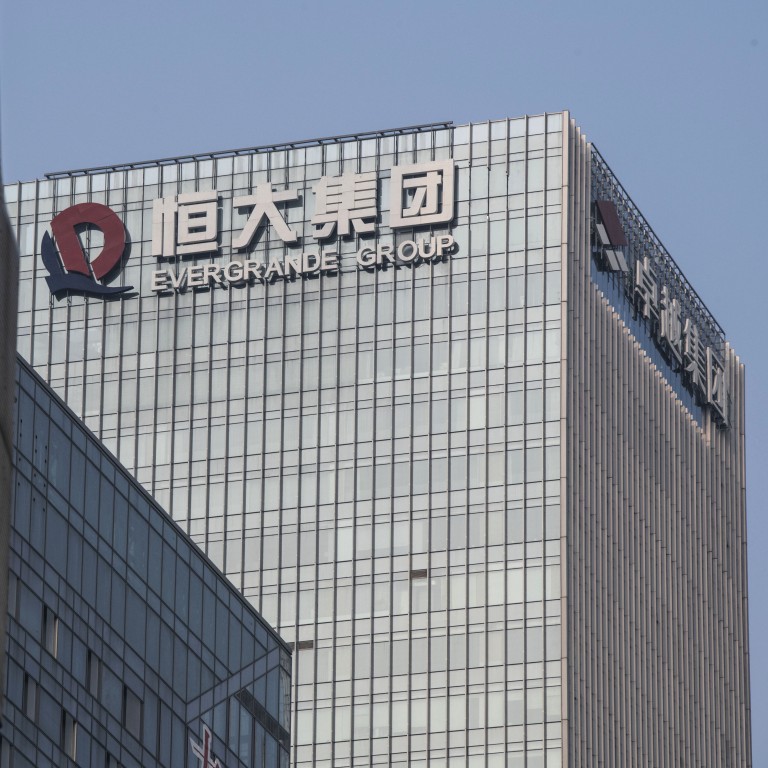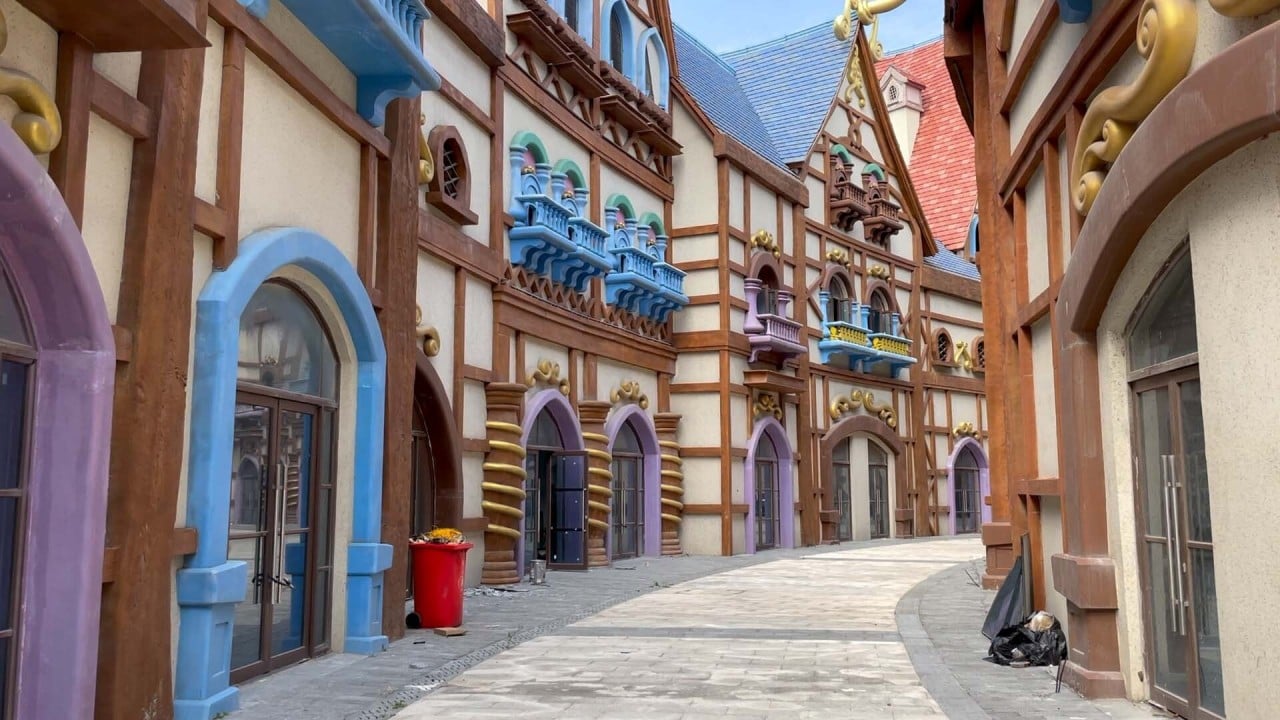
Evergrande crisis: Chinese developer suffers another loss in US$1 billion Shenzhen land sale to state-backed entity
- The 10,376-square-metre plot in Shenzhen’s Nanshan district was sold to government-backed Shenzhen Anju Jianye Investment Operation
- Evergrande bought the land in 2017 for 5.55 billion yuan with the aim of building a 71-storey tower to house its headquarters
Shenzhen Anju Jianye Investment Operation, which is backed by the city government and China Industrial International Trust, acquired the 10,376-square-metre (111,686 sq ft) parcel in Nanshan district for 7.54 billion yuan (US$1.05 billion), according to a statement from the local government on Saturday.
Three stated-owned enterprises based in the tech hub in southern Guangdong province and mainland developer China Vanke founded the company in January, according to Tianyancha, a business data tracking firm.
It has been reported in the Chinese media that the company supports liquidity-strapped Chinese developers. The company has been involved in many Evergrande projects to ensure their completion and delivery, including four in Shenzhen’s Longgang district.
China Industrial International Trust, based in Foochow in southeastern Fujian province and backed by the Industrial Bank, is one of Evergrande’s creditors, according to local media reports. But the Post is unable to confirm the relationship between the two.
The indebted developer is among China’s worst-hit property companies, reeling under some US$300 billion of liabilities. The company has defaulted on multiple bonds and is facing legal action from creditors who have filed a winding-up petition in Hong Kong.
Evergrande bought the Shenzhen plot in December 2017 for 5.55 billion yuan to build its headquarters. However, construction on the 71-storey tower with an area of 343,000 square metres stalled in September 2021 as the liquidity crisis deepened.
China’s one-time largest property developer has been forced to sell assets including plots to whittle down debt.
Earlier this month, the group sold land in Hong Kong’s Yuen Long district at a loss of US$770 million. Its headquarters in Wan Chai has also been on the block since October.
The sale of Evergrande’s land in Shenzhen comes amid efforts by the Chinese authorities to help the country’s indebted developers tackle their debt problems and revive the real estate sector.
Over 300 cities in the country have launched supportive measures, ranging from lowering mortgage rates to cutting down payment for first-home buyers, so far this year to stimulate the property market, according to data compiled by China’s real estate research platform CRIC.



